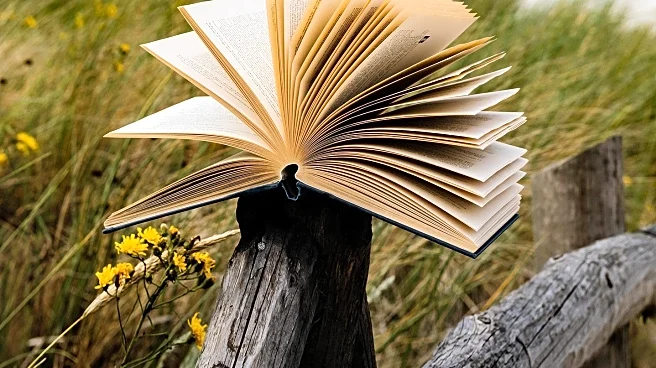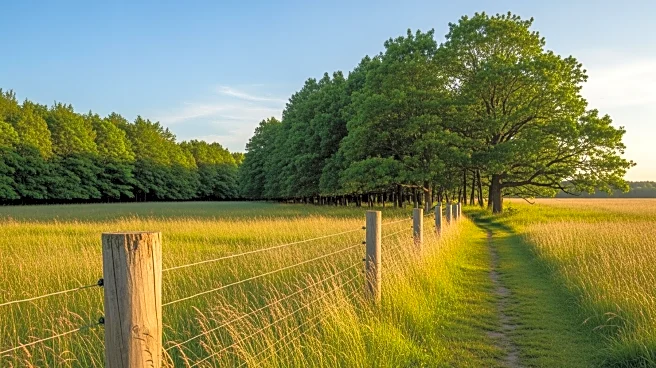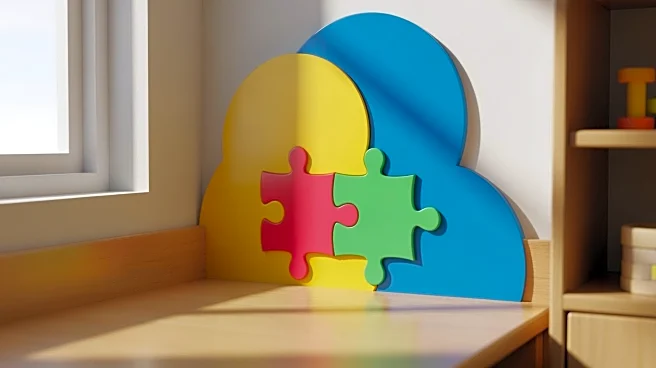What's Happening?
Lakeland University is set to host the Great Lakes Writers Festival on November 6-7, featuring authors Maggie Su and Albert Abonado. The event, which is free to the public, will include readings, book
signings, master classes, and open mic sessions. Maggie Su, author of the upcoming novel 'Blob,' and Albert Abonado, known for his poetry collections 'JAW' and 'Field Guide for Accidents,' will be the main attractions. The festival has been a tradition since 1991, bringing together students, readers, and writers. It is supported by an endowment from Lucille Fessler and volunteer efforts from Lakeland's writing professors and students.
Why It's Important?
The Great Lakes Writers Festival provides a unique platform for aspiring writers to engage with established authors, fostering a community of literary enthusiasts. It offers an opportunity for attendees to gain insights into the writing process and industry through interactive sessions. The festival's long-standing tradition highlights its significance in promoting literary arts and education. By offering free admission, it ensures accessibility to a wide audience, encouraging cultural and intellectual exchange. This event supports the development of creative writing skills and inspires participants to pursue literary endeavors.
What's Next?
The festival's schedule is available on its website, allowing attendees to plan their participation in various sessions. As the event approaches, Lakeland University and the featured authors may engage in promotional activities to attract more participants. The festival could lead to increased interest in Lakeland's creative writing programs and future collaborations with visiting authors. Participants may continue to engage with the authors and their works beyond the festival, fostering ongoing literary discussions and connections.
Beyond the Headlines
The festival not only promotes literary arts but also strengthens community ties by bringing together individuals with shared interests. It serves as a platform for cultural exchange and intellectual growth, contributing to the local cultural landscape. The involvement of students and faculty in organizing the event underscores the importance of educational institutions in supporting the arts. The festival's impact may extend beyond the immediate event, influencing participants' future creative projects and collaborations.








